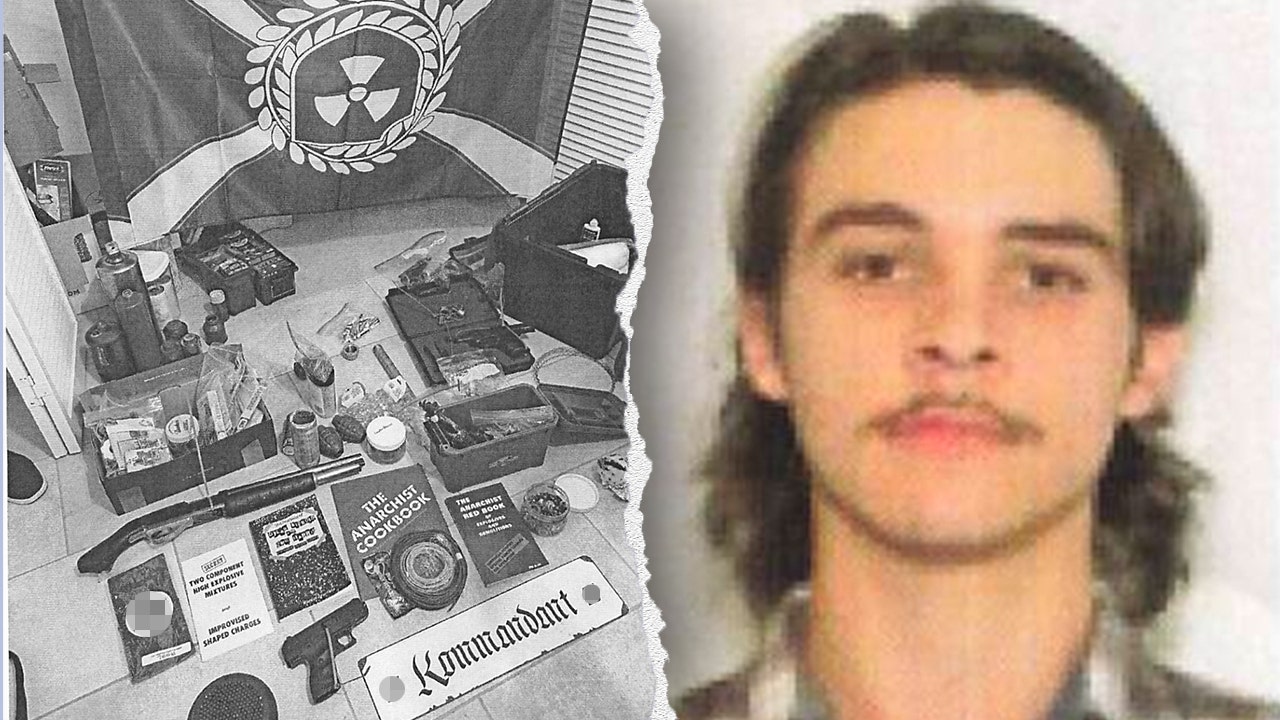Ukraine’s special forces claimed on Telegram early Saturday that its strike on Russia’s Black Sea Fleet headquarters in occupied Crimea had targeted a meeting of the fleet’s leadership, and killed and wounded dozens, including top officials. Russia confirmed damage to the building from Friday’s strike, but gave few details on casualties.
Here’s the latest on the war and its ripple effects across the globe.
Ukrainian armored vehicles had breached the “Surovikin line” near Verbove, the commander said, speaking on the condition of anonymity to discuss battlefield developments candidly. The “Surovikin line” refers to three defensive belts with minefields and trenches, which Russia constructed to slow Ukraine’s counteroffensive. General Oleksandr Tarnavsky told CNN his troops had made a “breakthrough” near Verbove, although progress was “not as fast as it was expected.” Meanwhile, the Institute for the Study of War, a think tank, has described Ukraine’s ability to push through Russian defenses and operate armored vehicles “near prepared Russian defensive positions” as “important signs of progress in the Ukrainian counteroffensive.”
The armored vehicles observed in the breach underscore the need for soldiers to retake territory on foot. Open source imagery of the operation shows U.S.-provided Strykers, which have limited protection against threats like tanks and anti-armor rockets, heading into the fight. Their biggest value is quickly reaching a position to drop off 11 soldiers at a time, which is a greater capacity than vehicles like Bradleys and Humvees provide. The imagery also shows vehicles like Western mine resistant vehicles, which offer protection for soldiers on their way to the fight, and German-made Marder vehicles, which use heavier weapons to destroy enemy vehicles and help defend friendly personnel carriers.
Russian media reported that six people were injured in Friday’s strike on the Black Sea Fleet headquarters in Crimea, but officials have not confirmed the number. Initially, Russia’s Defense Ministry said one service member was killed but later issued a statement saying he was missing. Ukraine’s armed forces described it as a “successful attack.” A geolocated video, verified by Storyful and confirmed by The Washington Post, showed smoke rising from the building in Sevastopol, a strategic target that was thought to be well-defended.
The Russian-installed governor of Sevastopol acknowledged a second attack Saturday, saying Russian air defenses downed rockets fired on the peninsula. Saturday’s strike is the latest attack on Russian military infrastructure throughout the peninsula, which was illegally annexed in 2014.
Russian Foreign Minister Sergei Lavrov will visit Pyongyang in October, he told reporters after a U.N. speech Saturday. North Korean leader Kim Jong Un visited Russian President Vladimir Putin this month, signaling negotiations on military support. Lavrov will discuss the furtherance of those negotiations with his North Korean counterpart, Reuters reported.
The United States plans to supply Ukraine with a version of ATACMS long-range missiles armed with cluster bomblets rather than a single warhead, The Post reported. Ukraine has been asking since last year for ATACMS, which stands for Army Tactical Missile System. Cluster-armed ATACMS can have a range of up to 190 miles, depending on the version, and would allow Ukraine to strike targets far behind Russian front lines and dug-in defenses.
A Russian missile strike in the Ukrainian city of Kremenchuk killed one and injured 31, including three children, Dmytro Lunin, a regional official, wrote on Telegram. Sixteen people had to be hospitalized, Lunin said, and civilian infrastructure was damaged.
Russian spies are using hackers to identify and obtain information and evidence about alleged Russian war crimes in Ukraine, the head of Ukraine’s cyber defense said Friday. Yurii Shchyhol, who leads the State Service of Special Communications and Information Protection of Ukraine, told Reuters news agency that hackers had moved their attention from energy infrastructure to law enforcement. “This shift, towards the courts, prosecutors and law enforcement units, shows that hackers are gathering evidence about Russian war crimes in Ukraine” and the Ukrainian investigations, he added.
Three commanders of Russia’s most prestigious airborne regiments have either resigned or been killed since the war in Ukraine began in February 2022, the British Defense Ministry said Saturday. The experience of the 247th Guards Air Assault Landing Regiment “highlights the extreme attrition and high turnover in Russia’s deployed military, even amongst relatively senior ranks,” the ministry wrote on Twitter.
Ukrainian Prime Minister Volodymyr Zelensky gave state awards to two Polish nationals, TV journalist Bianka Zalewska and civilian medic Damian Duda, on Saturday. Zelensky’s gesture follows several days of tension with Warsaw after he angered its leaders with remarks to the U.N. General Assembly about countries that blocked grain imports. On Saturday, Zelensky shared a short video on X announcing the honors and said in an English translation, “I thank Poland for its invaluable support and solidarity that helps defend freedom of our entire Europe!”
Polish Prime Minister Mateusz Morawiecki said he wanted “to tell President Zelensky to never insult Poles again,” in an interview that Polish media published earlier, referring to Zelensky’s speech. Poland threatened to stop sending more arms to Ukraine as a result of the spat, though Polish President Andrzej Duda appeared to backtrack the threat.
Ex-Wagner commander Andrey Medvedev was arrested in Norway on Saturday after police suspected him of trying to illegally cross back into Russia, Reuters reports. Medvedev fled to Norway in January to request asylum after reportedly witnessing the mercenary group’s fighters capturing and executing deserters. Brynjulf Risnes, Medvedev’s Norwegian lawyer, told Reuters that his client’s arrest was a “misunderstanding” and that Medvedev wasn’t trying to flee.
Romanian Prime Minister Marcel Ciolacu will visit Kyiv to finalize discussions on Ukrainian grain imports, local media reported. A surge of Ukrainian grain in neighboring countries, as a result of war blockages in Black Sea ports, has driven down prices, angering local farmers and prompting the European Commission to temporarily ban Ukrainian grain imports in its five E.U. neighbors. The ban expired this month, causing Poland, Hungary and Slovakia to impose their own restrictions.
Watch Ukraine’s helicopters fire rocket salvos — from treetop level: Helicopters are becoming increasingly useful in Ukraine’s inching counteroffensive. The flights are risky because Ukraine does not have choppers or crews to spare, and Russian fighter jets are ghosts in the region’s skies — often seeing the helicopters without being seen, crews told The Post.
Despite the danger, their work is essential to keep pressure on the enemy, Yevhen Kulbida, a commander in the 18th Tactical Aviation Brigade, said. The missions also serve as a thundering deliverance for the Ukrainian troops they fly over, Alex Horton and Serhii Korolchuk write. “They understand that they’re not alone,” Kulbida said.
Anastacia Galouchka contributed to this report.








